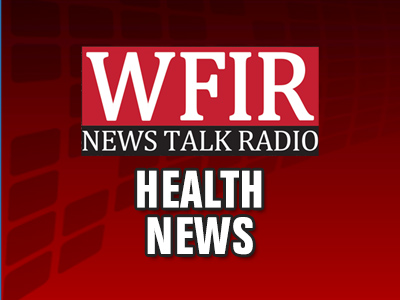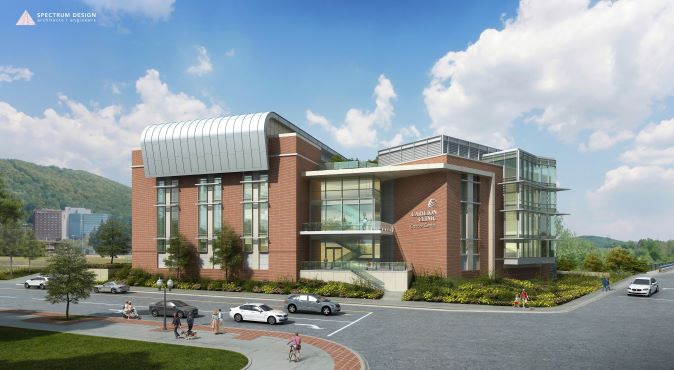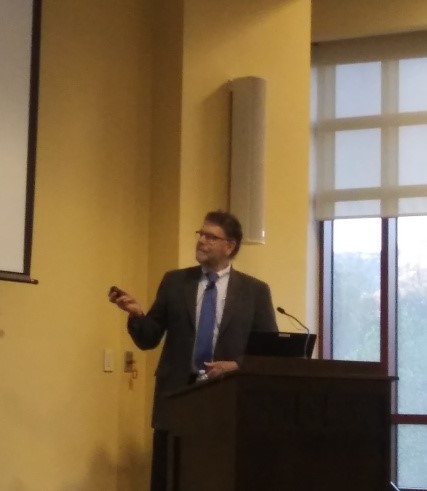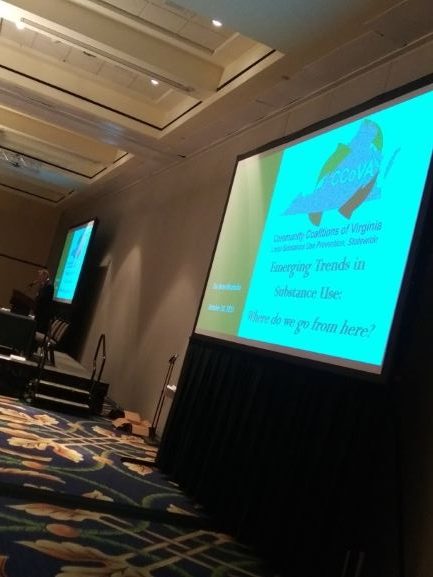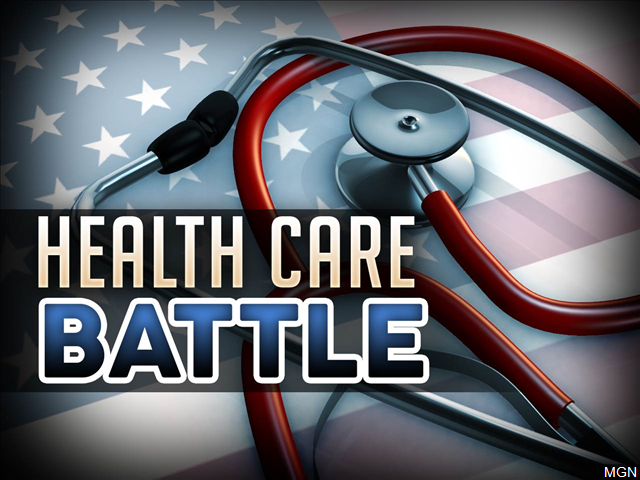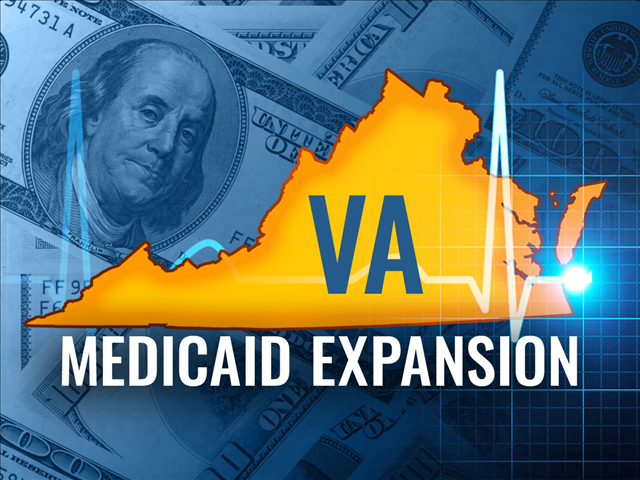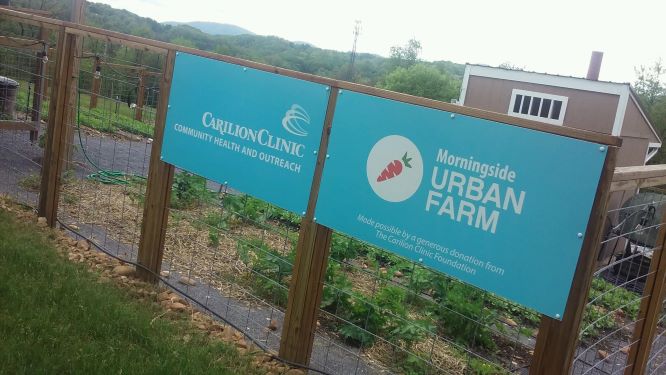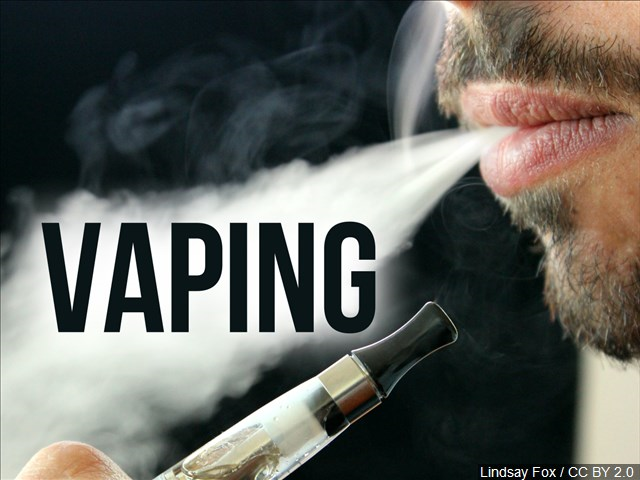Identifying suicidal behavior and severe depression – how to spot those symptoms in family members and co-workers....
Health and Medicine
For a 9th year high school students and college undergraduates can explore health care education options at...
Carilion Clinic plans to build what it calls a “world class” center for patients dealing with cancer....
A new support group with a name that’s hard to forget has been formed in the valley....
There might be more going on at the Virginia Tech-Carilion campus on South Jefferson – specifically at...
More than 30 million people in the US have diabetes – almost 10 percent of Virginia adults,...
The “Community Coalitions of Virginia” – agencies of varied sizes and missions that are all battling substance...
A waiver written into the Affordable Care Act – Obamacare – is being misused with the backing...
Emerging trends in substance abuse including the impacts of marijuana legalization and where CBD-THC vaping fits into...
CHIP of Roanoke Valley holds its annual fall festival and health fair on Wednesday. An event that...
Open enrollment for Medicare plans began earlier this week and runs through December 7th. For those 65...
As many as 74,000 Medicaid patients in Virginia could lose coverage if work requirements go into effect....
A study published recently in The Journal of the American Heart Association highlights work being done by...
Carilion Clinic and the Morningside Urban Farm it maintains in Southeast Roanoke welcome local residents to the...
A Virginia Tech researcher sees regulations on e-cigarettes as a better way to keep the public safe...

